51 Essential Foods for Peak Mental Performance so You Don’t Let Your Mind Suffer
Your brain is an incredible organ that governs all bodily functions, making it crucial to prioritize its health. Consuming the right foods can enhance cognitive performance, sharpen memory, and guard against mental decline.
Discover these 15 brain-boosting foods that can nourish your mind and promote optimal cognitive wellness.
Blueberries
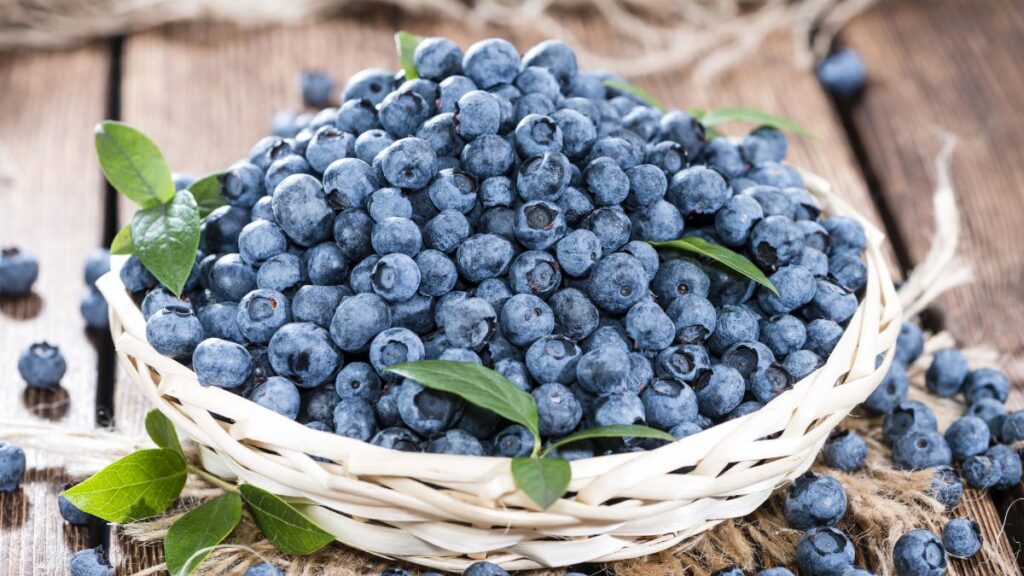
Blueberries are packed with antioxidants that protect the brain from oxidative stress. These tiny berries can improve memory and cognitive function. They are also known to delay brain aging and fight neurodegenerative diseases.
Add them to your breakfast cereal, smoothies, or enjoy them as a snack. Regular consumption of blueberries can help keep your brain sharp.
Fatty Fish

Fatty fish like salmon, trout, and sardines are rich in omega-3 fatty acids, which are crucial for brain health. Omega-3s help build brain and nerve cells, essential for learning and memory.
They also have anti-inflammatory properties that protect the brain. Aim to eat fatty fish at least twice a week. If you don’t eat fish, consider omega-3 supplements.
Turmeric
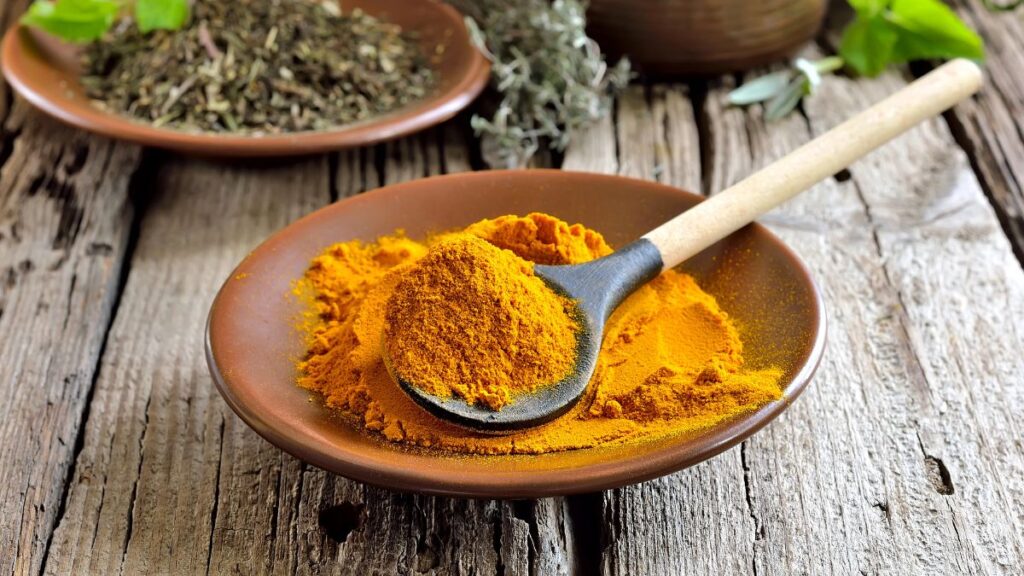
Turmeric contains curcumin, a compound with powerful anti-inflammatory and antioxidant benefits. Curcumin can cross the blood-brain barrier, enhancing brain health.
It has been shown to improve mood, reduce depression symptoms, and boost brain-derived neurotrophic factor (BDNF). Add turmeric to your cooking or enjoy a turmeric latte. Regular intake can help support cognitive function.
Green Tea

Green tea contains caffeine and L-theanine, which can improve brain function. The combination of these two compounds boosts memory, increases focus, and enhances cognitive performance. Green tea is also rich in antioxidants that protect the brain.
Enjoy a cup of green tea daily to reap its brain-boosting benefits. It’s a simple addition to your routine that can support mental clarity.
Pumpkin Seeds
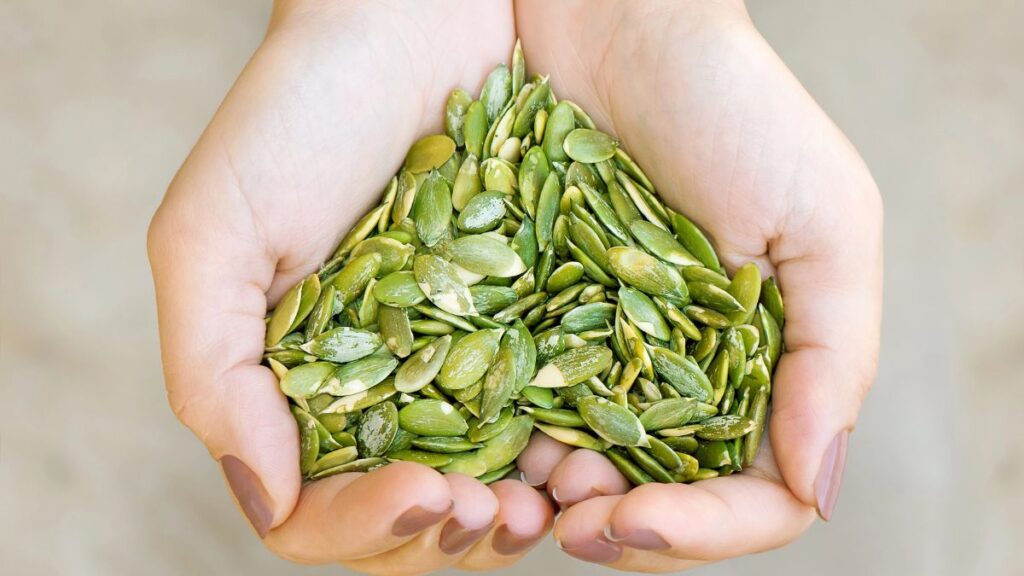
Pumpkin seeds are rich in magnesium, iron, zinc, and copper, all of which are vital for brain health. Magnesium is crucial for learning and memory, while zinc and copper support nerve signaling.
Iron helps prevent cognitive decline and brain fog. For a brain-boosting treat, snack on a handful of pumpkin seeds or add them to salads and yogurt.
Dark Chocolate

Dark chocolate with high cocoa content is packed with flavonoids, caffeine, and antioxidants. Flavonoids in chocolate improve blood flow to the brain and enhance memory and learning.
Dark chocolate also stimulates the release of endorphins, improving mood. Enjoy a small piece of dark chocolate daily. It’s a delicious way to boost brain health.
Nuts
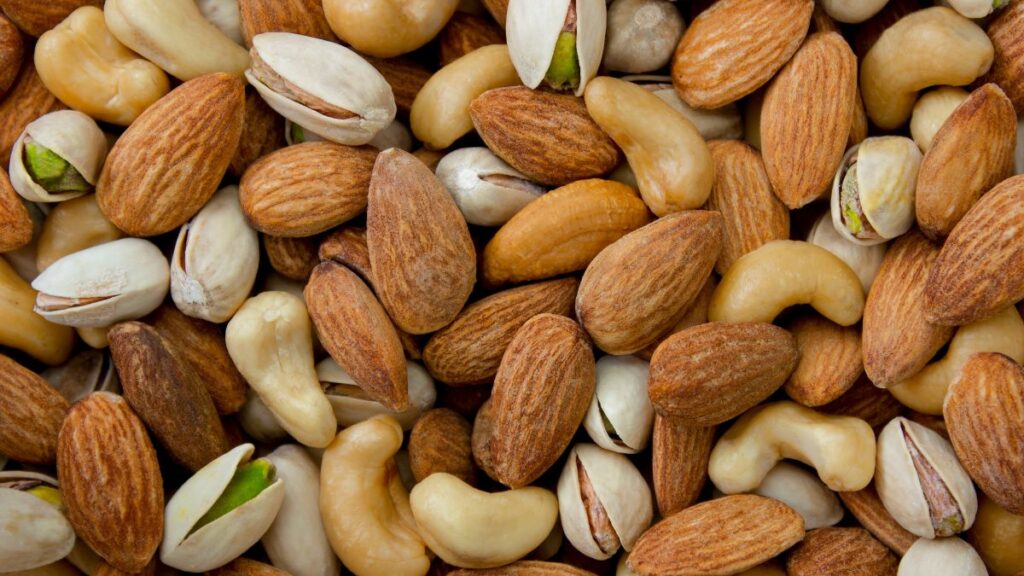
Nuts like almonds, walnuts, and hazelnuts are excellent for brain health. They are rich in healthy fats, antioxidants, and vitamin E, which protects cells from oxidative stress.
Walnuts are particularly high in DHA, a type of omega-3 fatty acid that boosts brain function. Incorporate a variety of nuts into your diet as snacks or in salads and dishes.
Broccoli

Broccoli is a superfood packed with antioxidants and vitamin K, which is essential for brain health. Vitamin K helps strengthen cognitive abilities and supports the formation of sphingolipids, a type of fat found in brain cells.
Broccoli also contains compounds that have anti-inflammatory and antioxidant effects. Include broccoli in your salads, stir-fries, or as a side dish.
Oranges
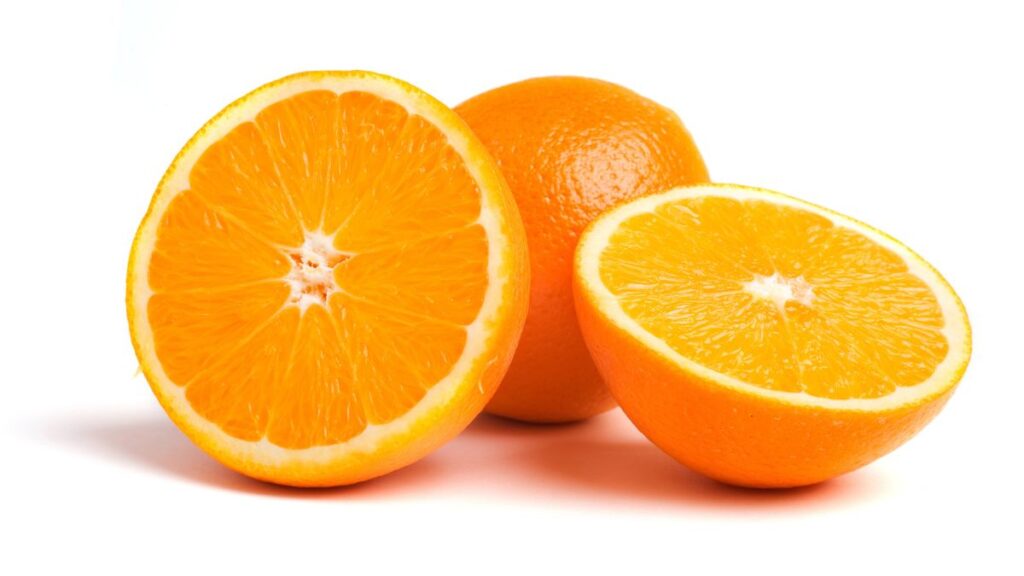
Oranges are a great source of vitamin C, which is crucial for preventing mental decline. Vitamin C helps protect the brain against damage from free radicals. It also supports brain health by maintaining neurotransmitter function.
Eating one medium-sized orange a day can provide the recommended daily dose of vitamin C. Enjoy oranges fresh, or add them to salads and smoothies.
Eggs
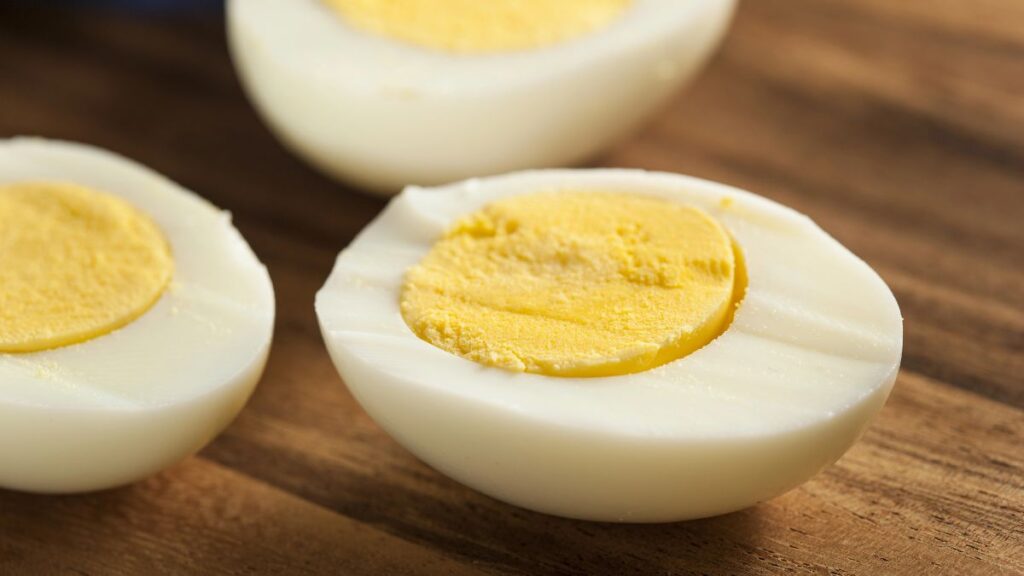
Eggs are rich in several nutrients tied to brain health, including vitamins B6 and B12, folate, and choline. Choline is important for the production of acetylcholine, a neurotransmitter that helps regulate mood and memory.
B vitamins help slow the progression of mental decline. Include eggs in your diet by having them for breakfast or adding them to salads and dishes.
Avocados
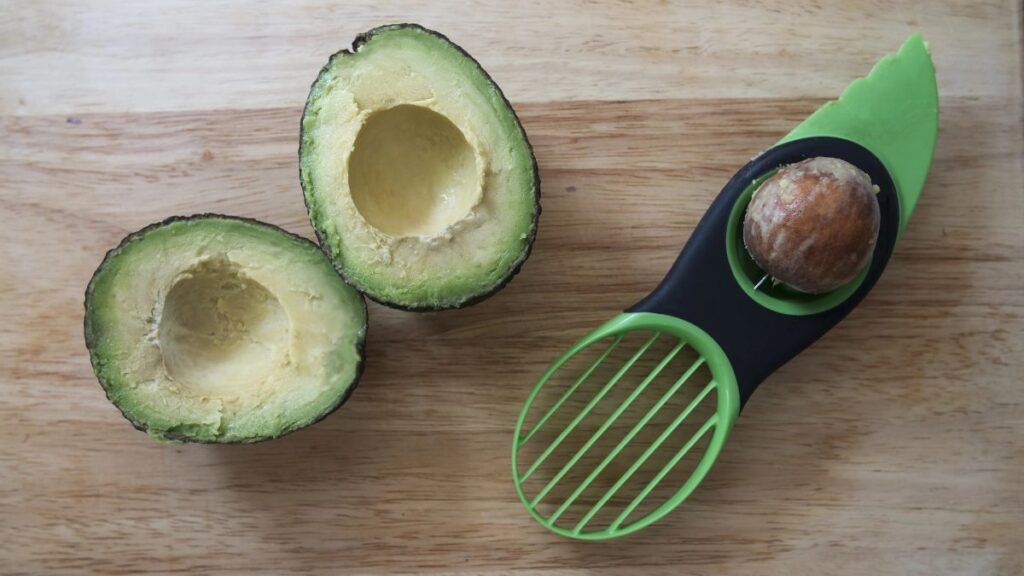
Avocados are rich in healthy monounsaturated fats that support brain health. These fats help improve blood flow to the brain and reduce blood pressure. Avocados also contain vitamin K and folate, which protect against cognitive decline.
Add avocado to your meals, such as salads, toast, or smoothies. It’s a creamy, nutritious way to support brain function.
Spinach
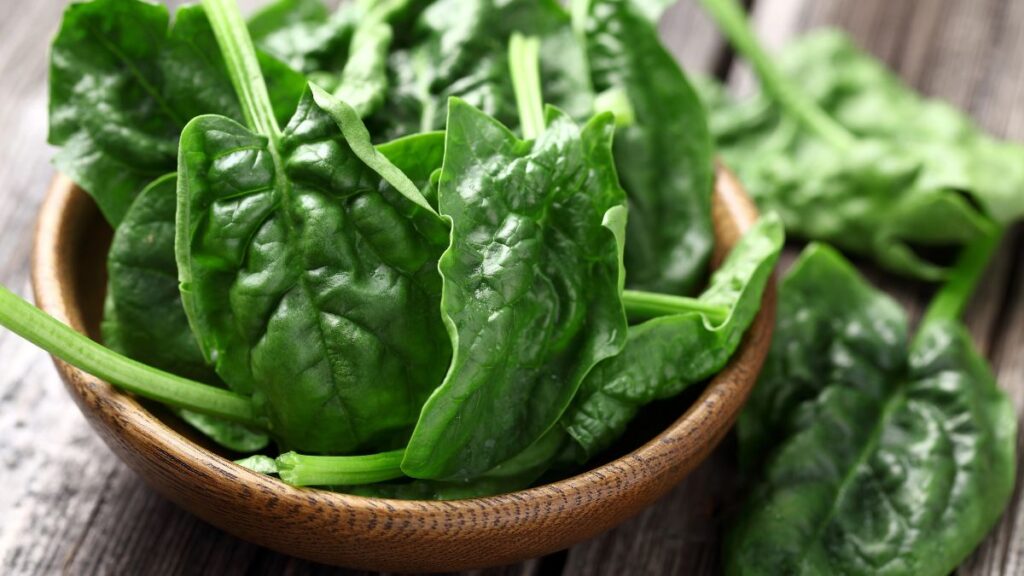
Spinach is loaded with antioxidants, vitamins, and minerals that benefit the brain. It’s high in lutein, folate, and beta-carotene, which help prevent cognitive decline.
Spinach also provides vitamin K, essential for brain function. Include spinach in your diet by adding it to salads, smoothies, and cooked dishes. Its nutrient density makes it a powerful brain food.
Whole Grains
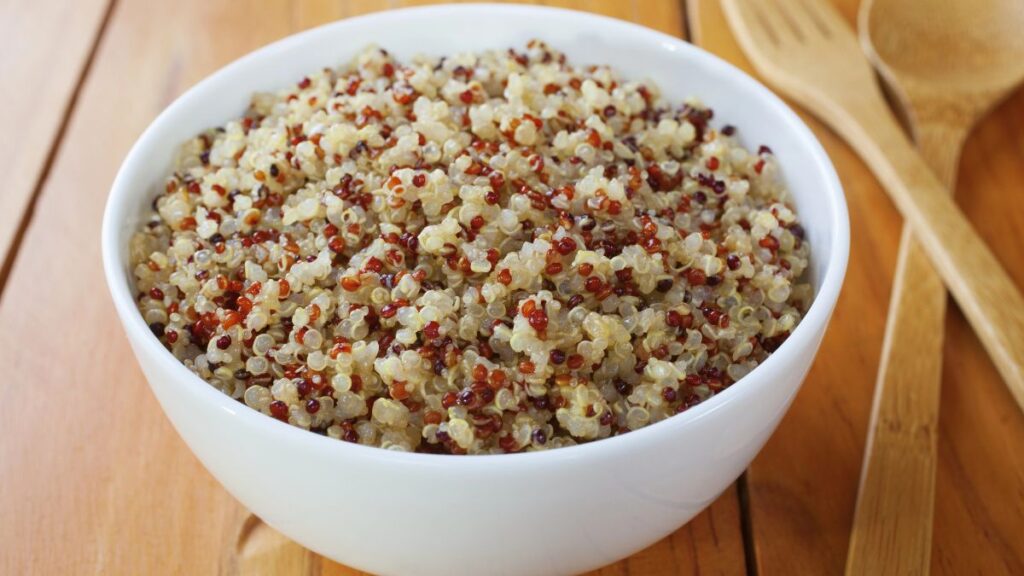
Whole grains like oats, quinoa, and brown rice provide a steady supply of glucose to the brain. They are rich in fiber, which helps regulate blood sugar levels and maintain mental alertness.
Whole grains also contain B vitamins, which support brain health. Choose whole-grain bread, cereals, and side dishes to incorporate whole grains into your meals.
Tomatoes
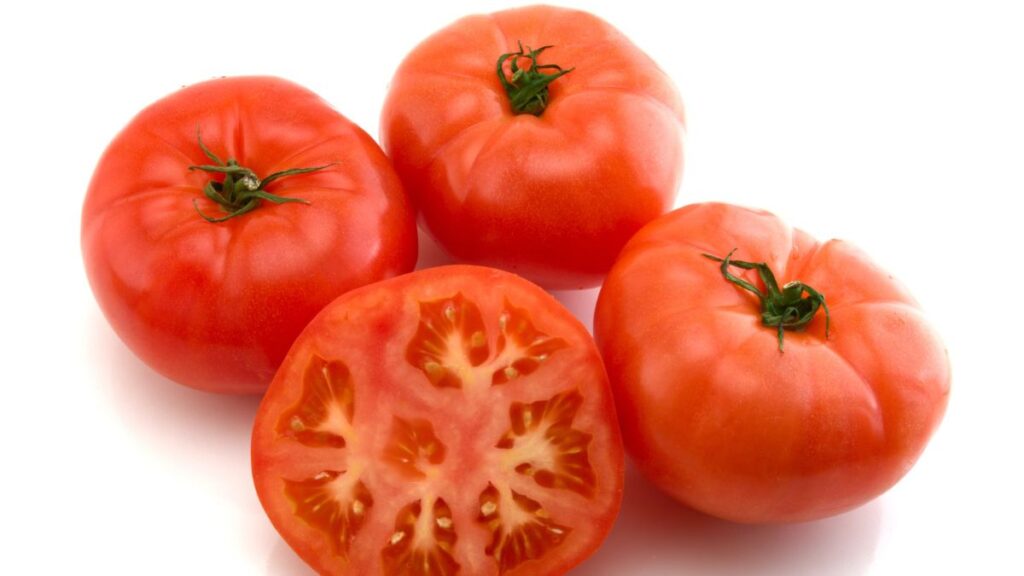
Tomatoes are high in lycopene, an antioxidant that protects brain cells from damage. Lycopene has been linked to a reduced risk of stroke and Alzheimer’s disease. Tomatoes also provide vitamins A and C, which support overall brain health.
Add tomatoes to your salads, sauces, and sandwiches. Their vibrant color and flavor make them a versatile and healthy addition to your diet.
Beans
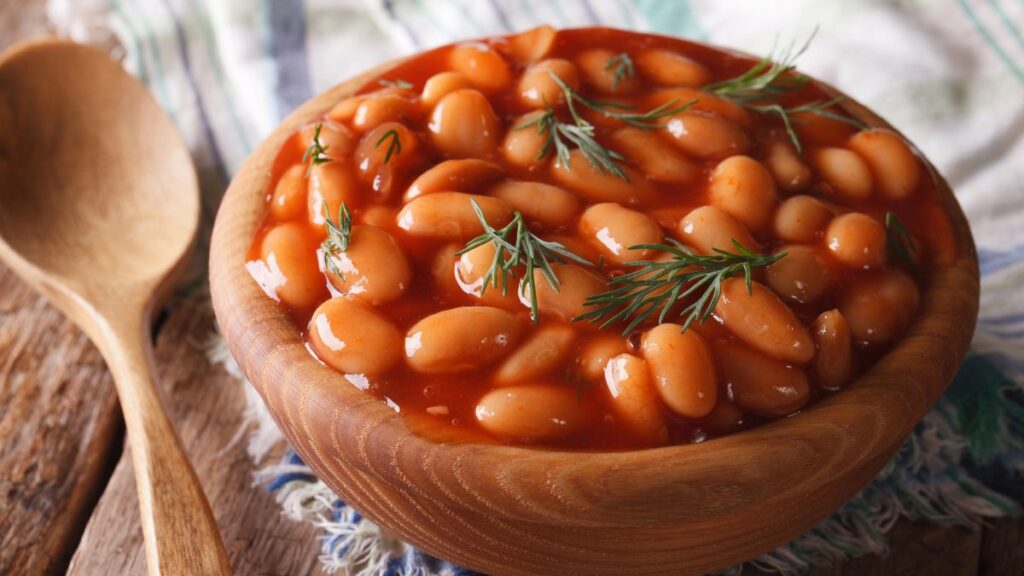
Beans are an excellent source of protein, fiber, and essential nutrients like folate and magnesium. Folate is crucial for brain function and emotional well-being, while magnesium supports nerve signaling.
Beans also provide a steady source of energy to the brain. Include a variety of beans in your meals, such as in soups, salads, and stews. They are a nutritious and affordable way to support brain health.
20 Foods No One Can Afford Anymore Due To Inflation

With the ever-rising living costs, some foods have become luxury items that only the wealthiest can afford. From exotic delicacies to once-affordable staples, the price hikes have made certain foods out of reach for the average consumer.
20 Foods No One Can Afford Anymore Due To Inflation
15 Foods Only The Wealthy and Elite Can Eat Now

Culinary trends are constantly evolving, and some foods have become more than just sustenance—they’ve become status symbols reserved for the elite.







